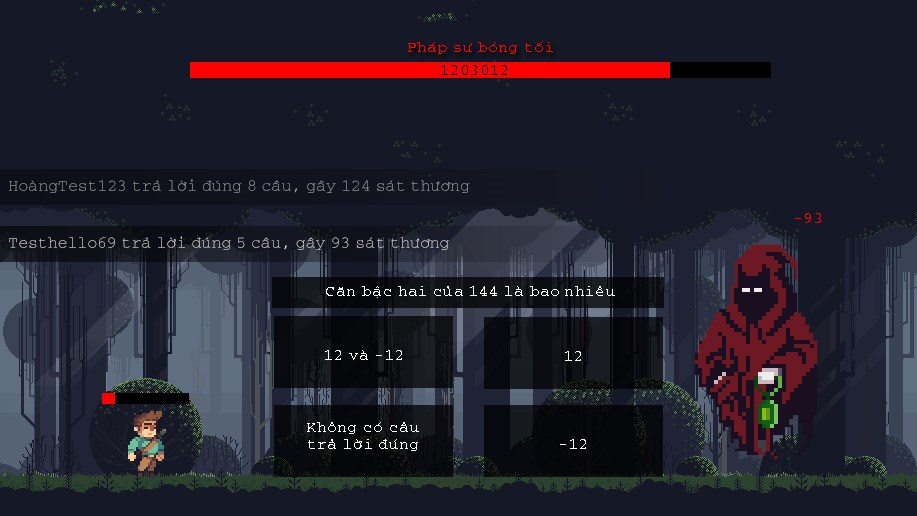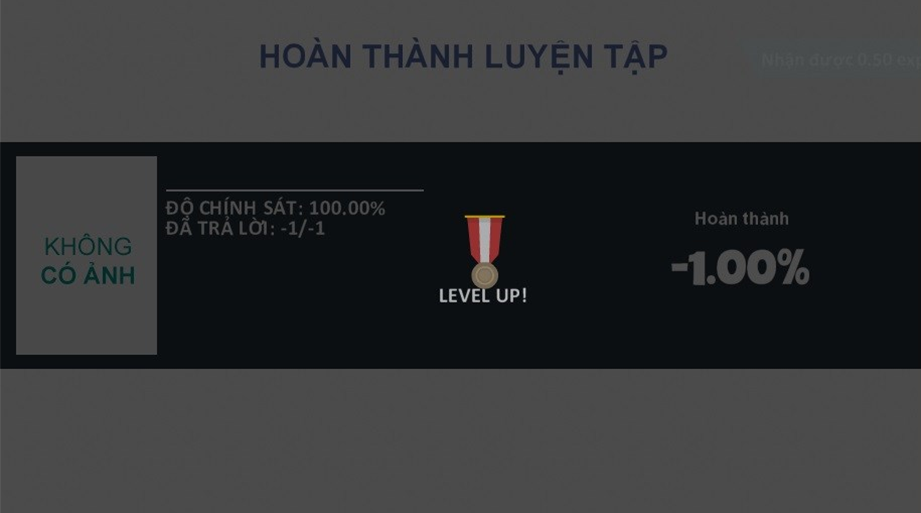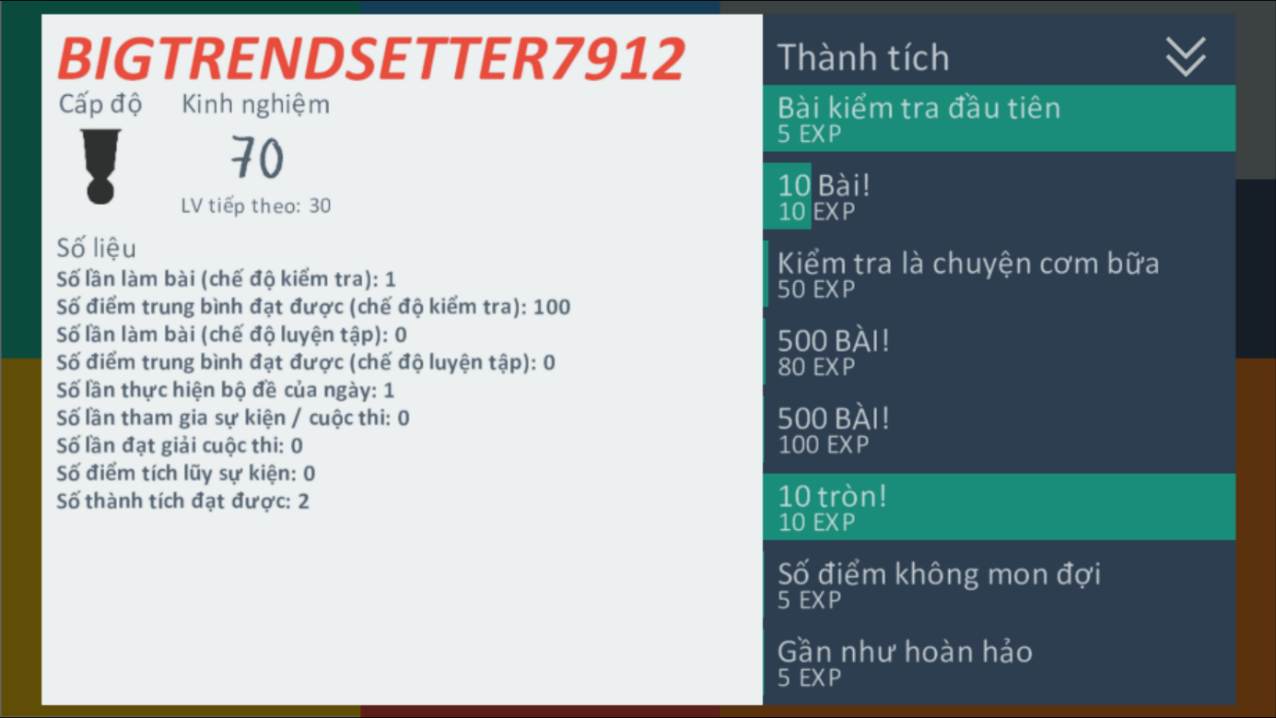Knowledge Seed: Learning while playing games
Knowledge Seed is an educational project I worked on in 2017. It is a learning experience that integrates games as its core.
Knowledge Seed is an educational project I worked on in 2017. It is a learning experience that integrates games as its core. The idea is that students will be more motivated to learn if they learn through the game medium.
The current concern in game addiction in my country also inspires me to create this project. Students spend too much time and energy in playing video games, resulting in bad performances in school.
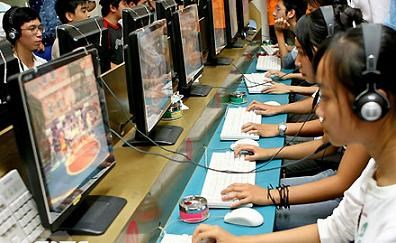
What if we can turn that time and energy into something beneficial?”, I asked myself. That is when I decided to start this project. The purpose is to create a game world that is both addictive and beneficial.
In Knowledge Seed, students answer academic questions while playing games. They will not even realize they are learning.
Learning while Gaming
In the image above, the character is playing as a hero who fights against an evil guy in front of him. The player attacks the evil guy by answering the questions correctly. More interestingly, this is in the form of multiplayer. Particularly, other players are also fighting against the same world boss.
Students can equip weapons, armors, and accessories to improve the characters’ stats just like the way they do in an RPG. Students can buy equipment from Shop using credit, earned from doing question packs.
This is just one of many games of Knowledge Seed. Below are other games:
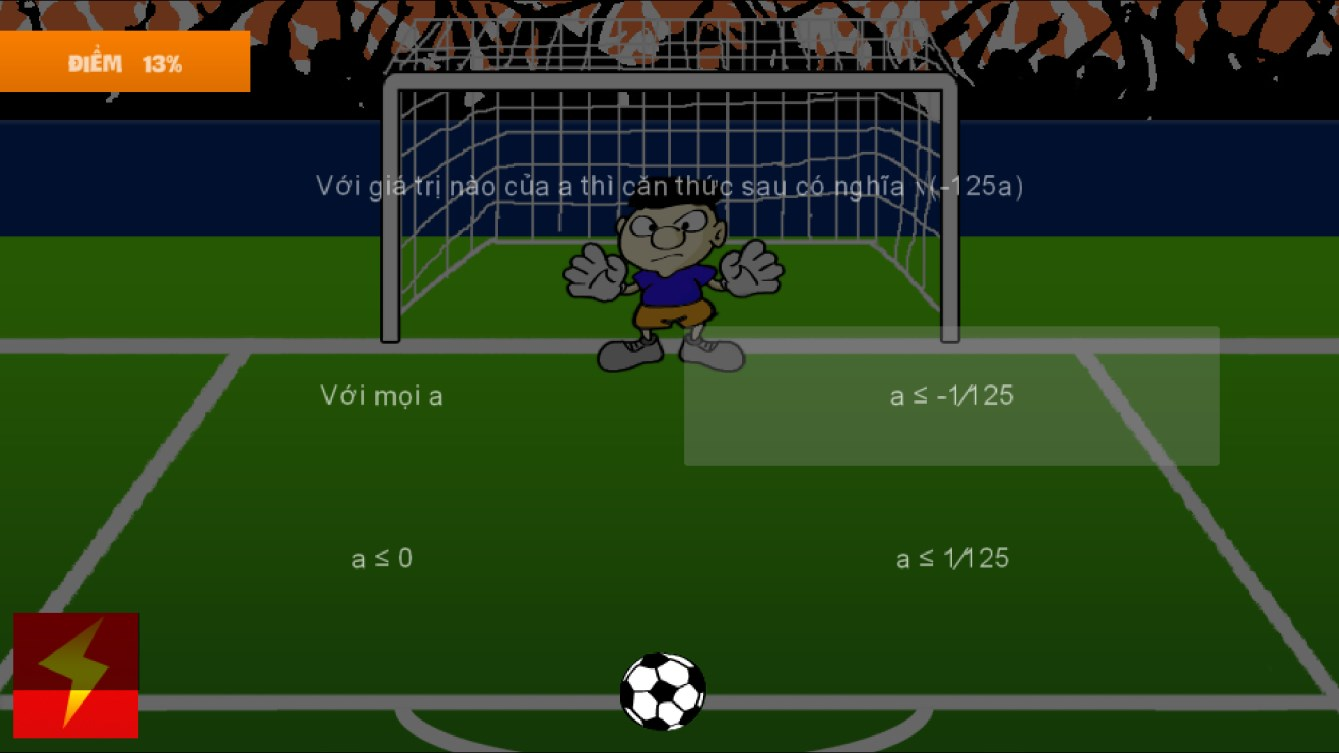
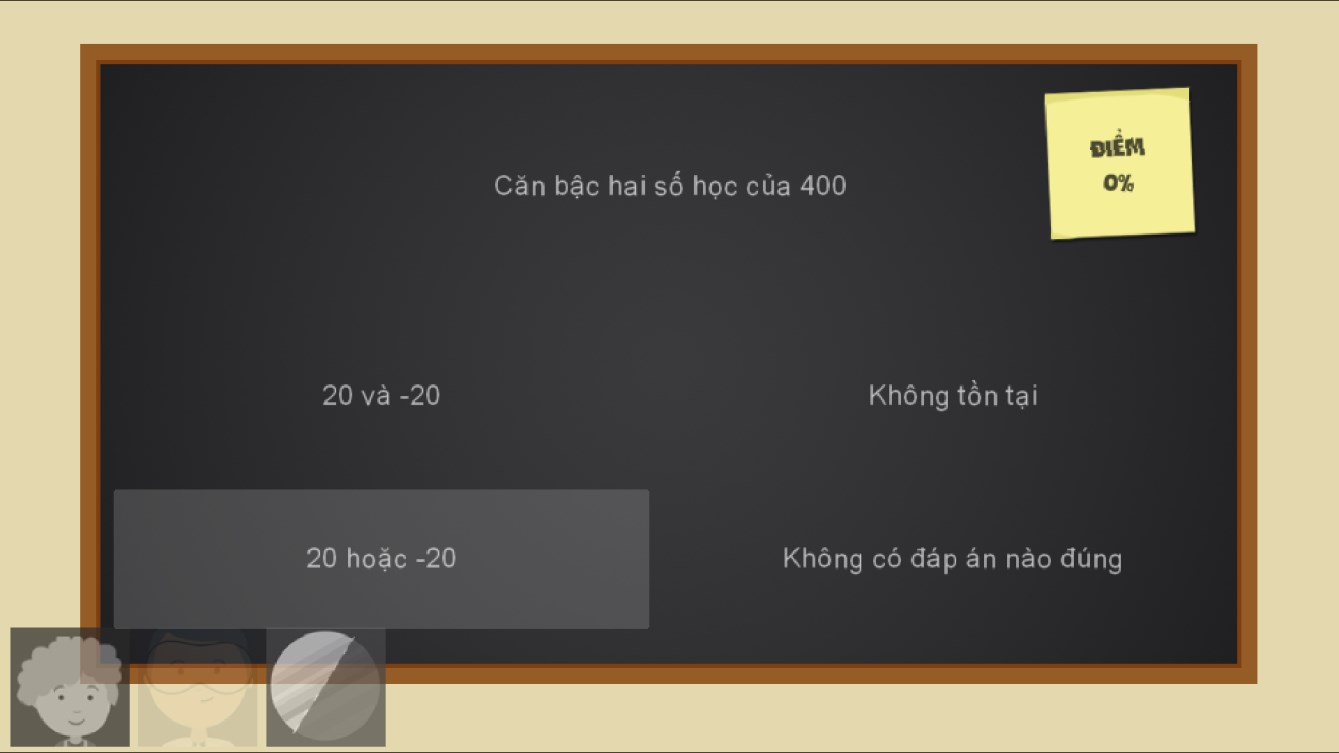
In addition, there is a level system in Knowledge Seed. Players can level up by collecting experience (EXP). They earn EXP by doing question packs, completing missions, etc. The level system is a fundamental concept in most games nowadays. It urges the students to play more because of their desire to “level up”.
Knowledge Seed integrates Google Play Service and Apple Game Center. With the integration, students can challenge others, creating a feeling of competitiveness, thus making the program more engaging. It also comes with an achievement system, and players can earn EXP by achieving achievements. With all such aspects, the studying program is no different from a real game, and you cannot argue playing games is boring.
Scientific method
The important aspect that makes Knowledge Seed helpful to students is that it is the result of a research on spacing effect. The spacing effect is the phenomenon whereby learning is greater when studying is spread out over time. In the program, I calculate the most efficient time to review the questions the students have learned. Every time a student does a new question pack, the program calculates the amount of time before the student should review based on how well the student does. The same process repeats several times until the program determines that the student does well enough in the type of questions and should move on.

I continuously collect and analyze anonymous data from the students about their results to improve the math of how long should the interval be. The timing should be optimized to ensure the best outcome. The front of Knowledge Seed is a game while the behind is pure science.
You can read the full write up of this project below (It is in Vietnamese, unfortunately. I will translate it when I have time): Knowledge Seed Paper (Vietnamese)
